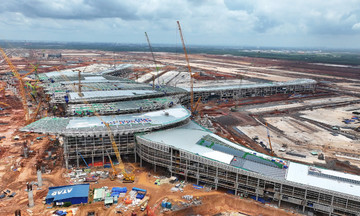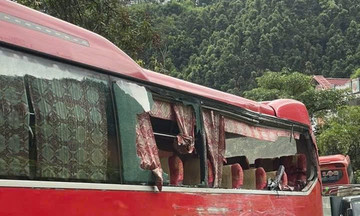The Ministry of Agriculture and Rural Development (MARD) has proposed two additional scenarios for government land acquisition for socio-economic development projects in the 2024 draft amendment to the Land Law.
The first scenario involves projects with specific location requirements; urgent projects serving political or diplomatic missions; projects in free trade zones or international financial centers; and mixed-use urban residential, tourism, commercial services, cultural, and sports projects.
The second scenario covers projects where the investor has reached agreements for over 75% of the land area or with over 75% of landowners within the project scope.
At a conference held on 8/8 by MARD to gather feedback from ministries, sectors, and provinces/cities in the northern region, Phan Trong Tan, Vice Chairman of the Phu Tho Provincial People's Committee, expressed concerns about these two proposals.
According to Tan, the addition of mixed-use projects as a criterion for land acquisition could create difficulties. The vague definition of "mixed-use" might allow investors to design projects that superficially resemble such projects to request government land acquisition.
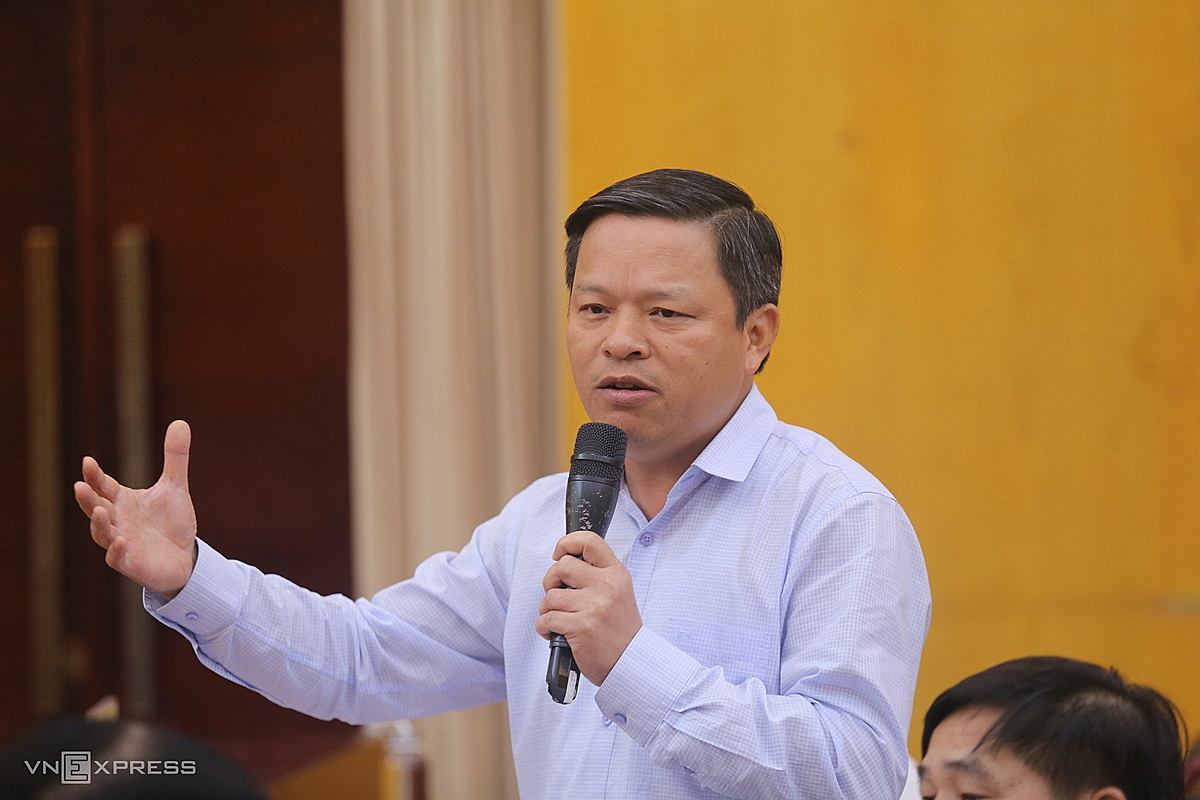 |
Phan Trong Tan, Vice Chairman of the Phu Tho Provincial People's Committee, speaking at the conference. Photo: Gia Chinh |
"For example, a golf course project could easily add a few commercial or service buildings and claim it's a sports, cultural, and social service project to justify land acquisition," Tan said, adding that using government power for land acquisition in such cases could lead to various issues, particularly regarding land finance.
Specifically, after acquiring the land, the government would deduct all acquisition and compensation costs from the land fees paid by the investor. In the golf course example, the acquisition and compensation costs could exceed the land fees collected, resulting in a net loss for the government.
Regarding the proposal for government acquisition when the investor reaches an agreement for 75% of the land area or with 75% of households, Tan acknowledged that while this could resolve several bottlenecks, it would come at a "significant cost."
He explained that investors might manipulate project adjustments to reach the 75% threshold and trigger government land acquisition. "This could lead to complaints and accusations of unfairness in law enforcement among state entities, citizens, and businesses," he warned.
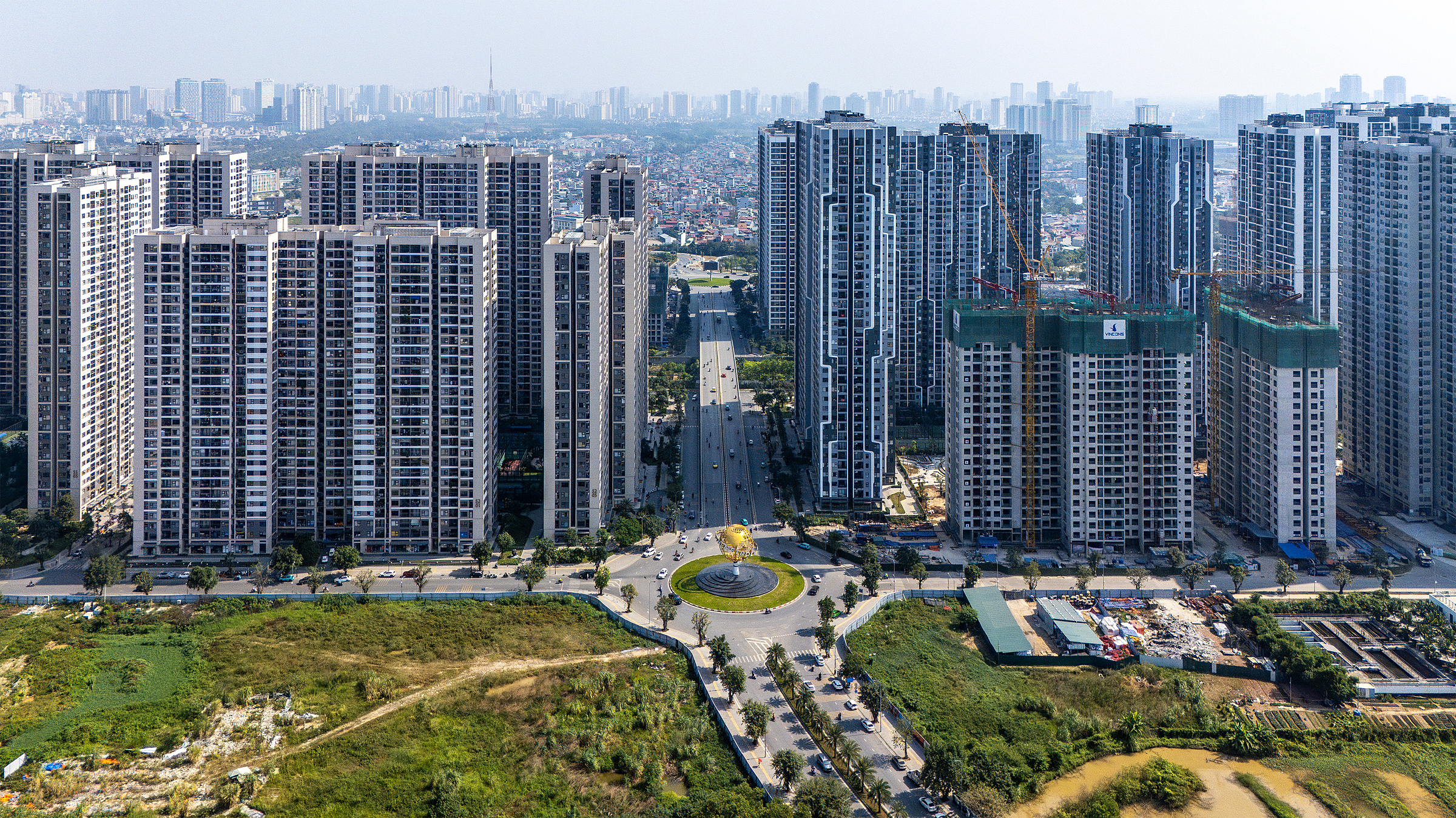 |
High-rise apartments in western Hanoi, November 2024. Photo: Giang Huy |
Contrary to this view, Pham Dinh Tu, Deputy Director of the Tuyen Quang Department of Agriculture and Rural Development, cited instances of necessary and effective socio-economic projects approved by the province that were stalled due to disagreements with residents.
Since the beginning of the current term, Tuyen Quang has encountered around 50 such projects. "There are cases where residents located in the middle of the project refuse to agree, even when offered 2-3 times the land value," Tu said, adding that the responsible agencies face significant pressure and difficulties when provincial leaders demand solutions.
Supporting MARD's proposal, Nguyen Thanh Chuc, Vice Chairman of the Ninh Binh Provincial People's Committee, suggested prioritizing land area over the number of households as the criterion. He argued that focusing on households might lead to situations where numerous owners hold small plots, as the common obstacles often involve access routes or areas within the project's land.
Nguyen Tien Duong, Deputy Director of the Son La Department of Agriculture and Rural Development, agreed with the government acquiring the remaining land in stalled projects. However, he emphasized the need for a clear definition of "projects with specific location requirements" for smooth implementation.
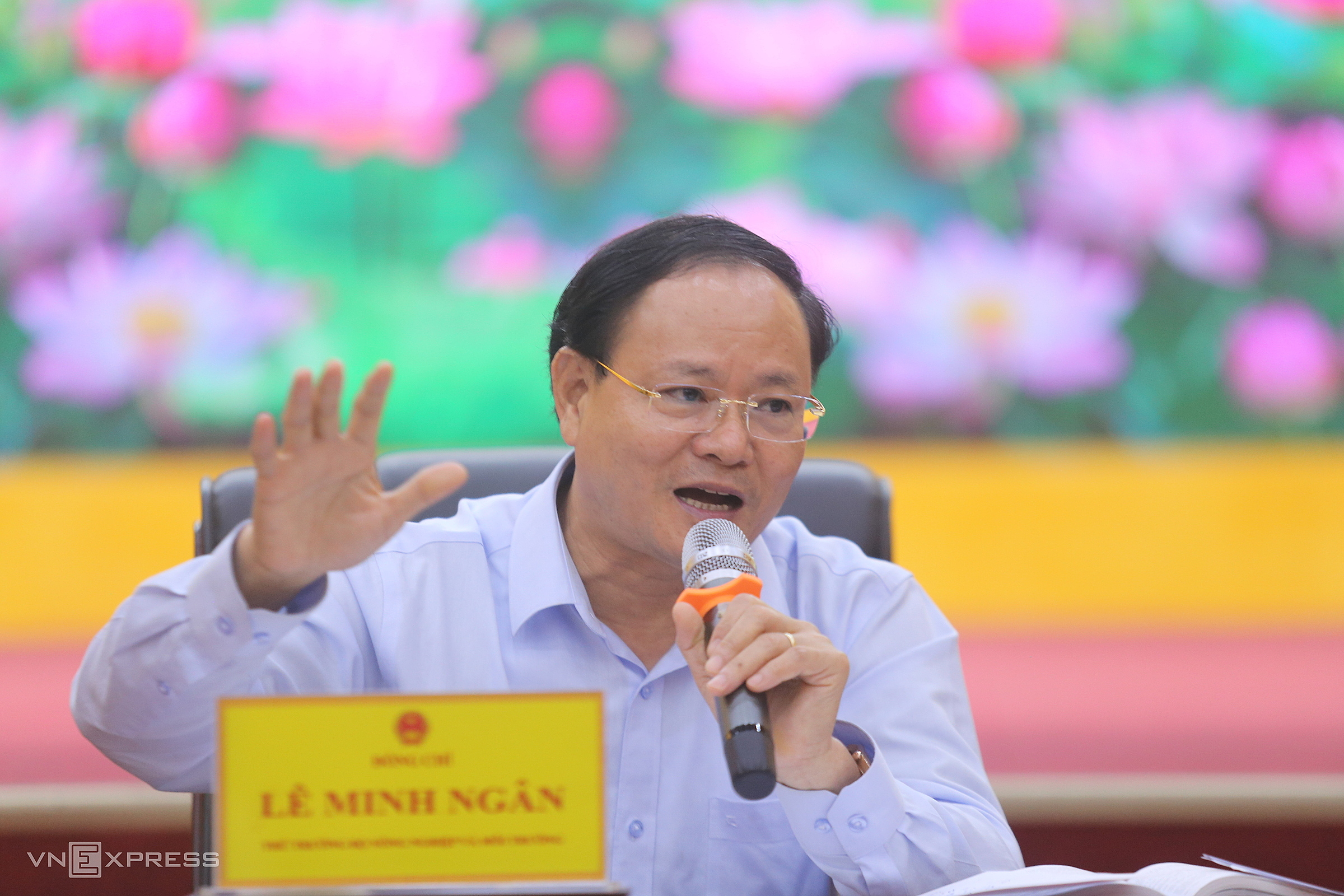 |
Deputy Minister of Agriculture and Rural Development Le Minh Ngan speaking at the conference. Photo: Gia Chinh |
Deputy Minister of Agriculture and Rural Development Le Minh Ngan stated that expanding the scope of land acquisition has been discussed extensively. During project implementation, speculators sometimes acquire a single property within the project area, creating roadblocks to development and land resource liberation.
Citing Japan as an example, Ngan explained that despite private land ownership, the government publishes annual land price lists for tax collection and land purchases. When building roads or ports, the government offers the highest price listed within 10 days. If the owner refuses, the government files a lawsuit to revoke their ownership.
"They act decisively. Why can they achieve this with private ownership while we hesitate over percentages and individual citizens? We have the authority to decide, so why hand it over to others and then have to beg for it back? Of course, there will be lawsuits, but those reflect the will of the citizens, not the state. The central government has already approved this mechanism, so we need to discuss the implementation details," Ngan concluded.
Gia Chinh




